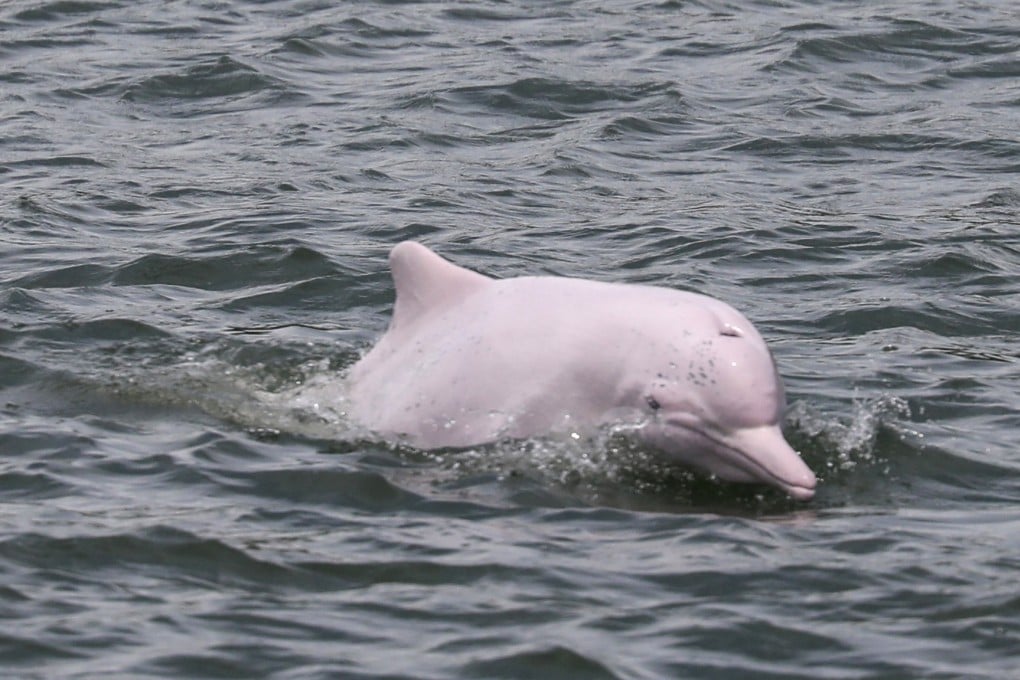Advertisement
Letters | Hong Kong must not sacrifice pink dolphins to infrastructure
- Readers discuss the ecological impact of reclamation off the coast of Lantau, the culling of wild boars, and the upcoming ban on single-use plastic
Reading Time:2 minutes
Why you can trust SCMP
2

Feel strongly about these letters, or any other aspects of the news? Share your views by emailing us your Letter to the Editor at [email protected] or filling in this Google form. Submissions should not exceed 400 words, and must include your full name and address, plus a phone number for verification
Advertisement
I am bothered by the possibility that we may never again see pink dolphins frolicking in Hong Kong’s waters because of the Lantau reclamation work. We badly need concerted efforts to save these creatures from becoming extinct as a result of the city’s infrastructure development plans.
These dolphins were a common sight off the coast of Lantau Island not long ago. It led to regular dolphin-watching events in Tai O and helped revive the local economy to a certain extent.
However, the pace of infrastructure development in Hong Kong has long posed a threat to the habitats of animals both on land and in the sea. The construction of Hong Kong International Airport on Chek Lap Kok, the Hong Kong-Zhuhai-Macau Bridge and the airport’s third runway has adversely affected the marine ecosystem around Lantau. There have been cases of pink dolphins being injured or even killed because of the heavy flow of sea traffic.
Engaging in massive land reclamation to create artificial islands off the coast of Lantau could cause irreversible damage to marine ecosystems. In addition, the acoustic vibrations from blasting or drilling by heavy machinery will disturb fish and marine mammals. Seabirds foraging for food in the vicinity of Lantau will undoubtedly face challenges.
Advertisement
Human activity and the changing environmental conditions will undermine the health of marine inhabitants. To protect sea animals from harm and keep the ocean intact as much as possible, it is incumbent on the government to map out a long-term plan for marine conservation.
Pages Ng, Tuen Mun

Advertisement